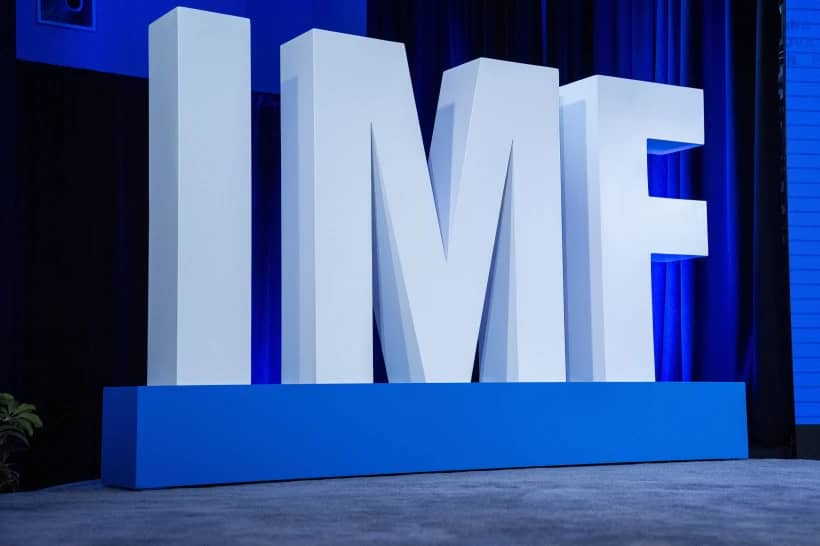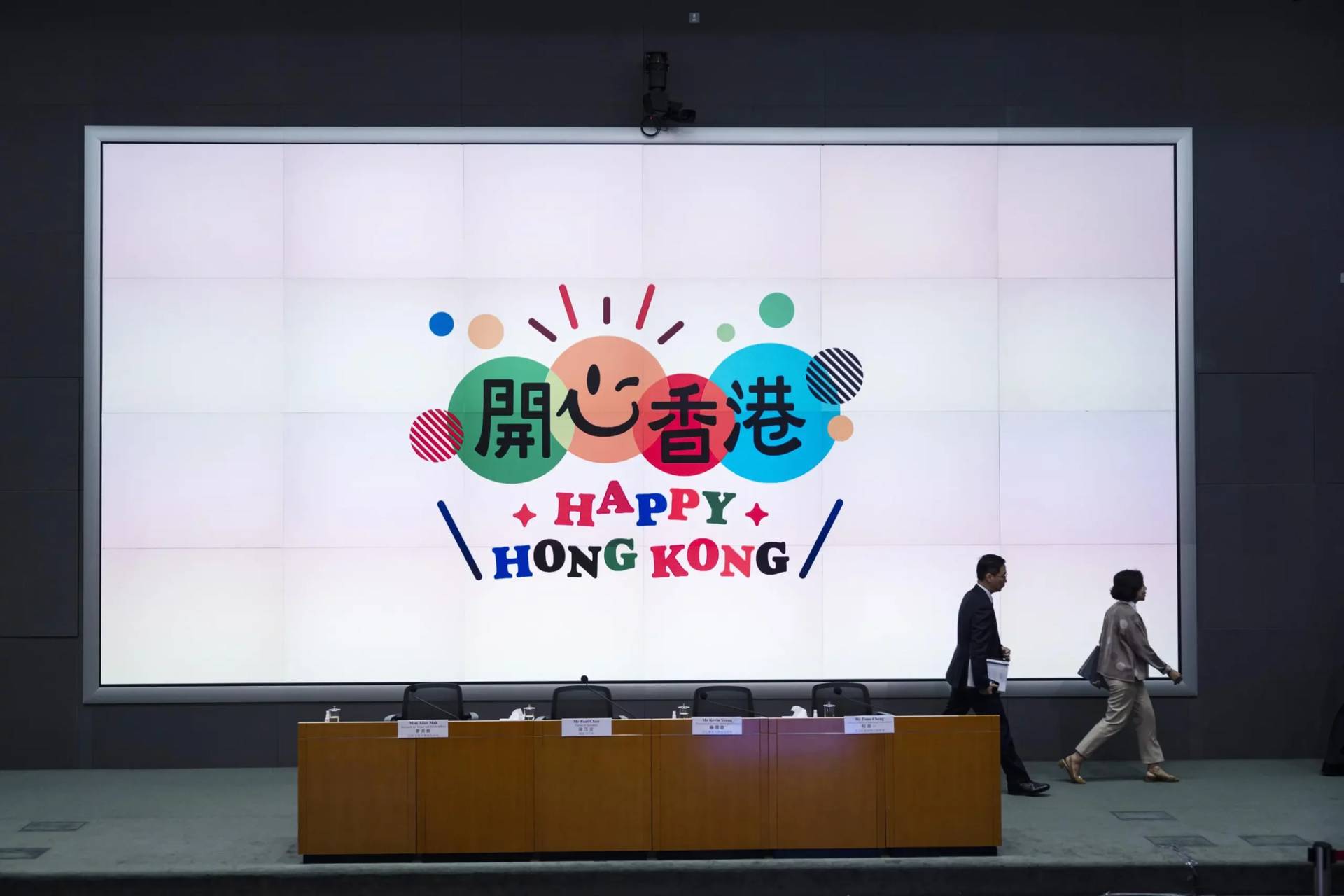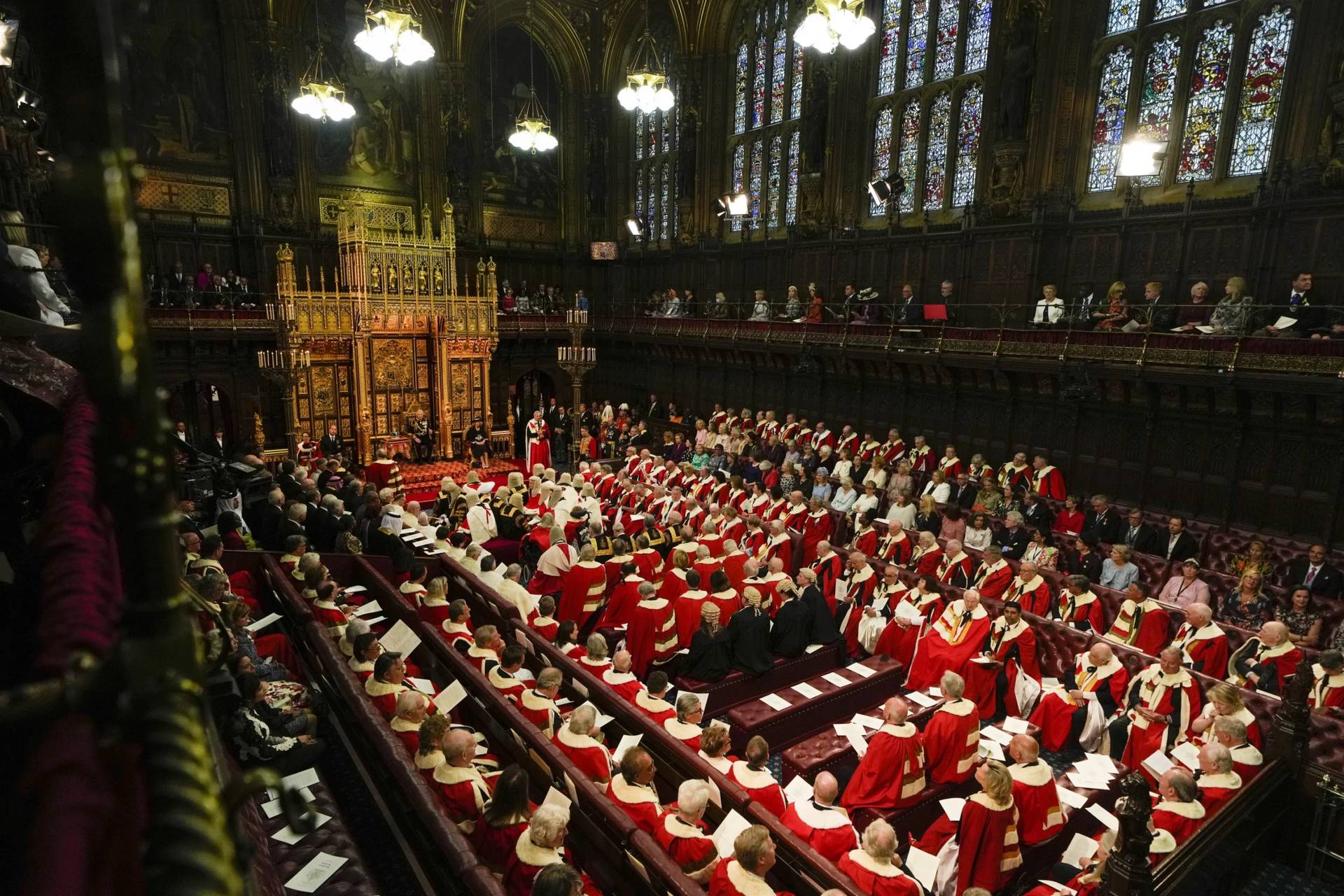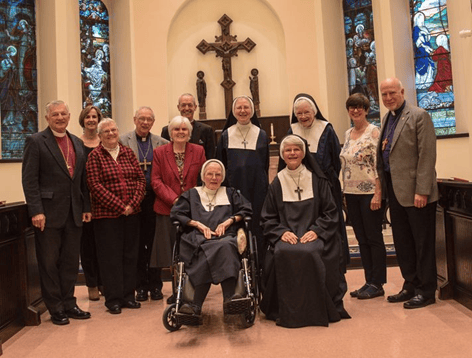LEICESTER, United Kingdom – As British Prime Minister Boris Johnson continues to be briefed on Omicron variant of the COVID-19 coronavirus, Cardinal Vincent Nichols has pleaded with the government not to close churches if restrictions are reimposed in England.
The archbishop of Westminster was speaking to the BBC before the Christmas Eve Mass, where he said churches were “not places where we spread the virus.”
The Omicron variant has surged in the UK over the past month, becoming the dominant variant in the country.
There were 122,186 confirmed cases on Friday, the latest figures available.
The constituent countries of the UK are mostly responsible for their own COVID policies, and Scotland, Wales, and Northern Ireland put restrictions on social gatherings beginning Dec. 26, although these fell well short of a total lockdown and didn’t close down houses of worship.
Johnson has resisted imposing restrictions in England but said he wouldn’t hesitate in changing course if the data said it was necessary.
Over 82 percent of the eligible population has received two doses of a coronavirus vaccine, while over 56 percent have received a third booster dose. Data has also shown that the Omicron variant is less dangerous than earlier types of COVID, meaning it causes fewer people to go to hospital. However, it is highly transmissible, and the sheer numbers of people getting the virus could put pressure on the National Health Service (NHS).
Before Christmas, Johnson urged people to get their boosters.
The prime minister said, “getting jabbed not just for themselves, for ourselves, but for friends and family and everyone we meet.”
“That, after all, is the teaching of Jesus Christ, whose birth is at the heart of this enormous festival – that we should love our neighbors as we love ourselves,” he said.
In his remarks to the BBC, Nichols had a message to Johnson and his government ministers: “I would sincerely appeal that they do not again consider closing churches and places of worship.”
“I think this country has shown that people can make good judgements themselves. We’re at that point of saying we understand the risk. We know what we should do. Most people are sensible and cautious. We don’t need stronger impositions to teach us what to do,” the cardinal said.
Meanwhile, the bishops in Scotland – who have a separate bishops conference from England and Wales – decided to delay the re-imposition of the Sunday Mass obligation, which was to begin at the New Year.
“At the beginning of Advent, the Bishops of Scotland looked forward to welcoming the faithful back to Holy Mass and anticipated that the restoration of the Sunday Obligation might be possible as we begin the New Year. Sadly, there has been a serious worsening of the situation and the restoration of the obligation will be postponed until a more favorable time,” the bishops said in a statement.
“For us Sunday is always a Holy Day, and we invite those who are unable to be with us in person to continue to join with us in prayer and spiritual communion either by personal or family prayers or by online celebrations of Mass,” the statement continued.
“We ask everyone to continue to pray for a speedy end to the Pandemic and for the good health of you and your loved ones in 2022. We also pray for all those who passed during 2021 and those who grieve. May Our Lady Health of the Sick pray for us and may Saints Andrew and Margaret protect us,” the bishops said.
Follow Charles Collins on Twitter: @CharlesinRome

















